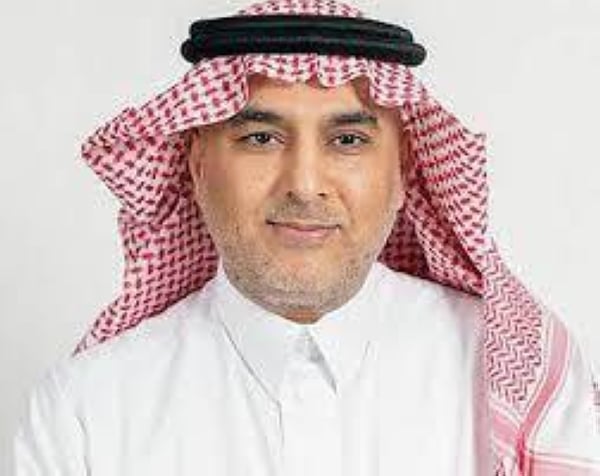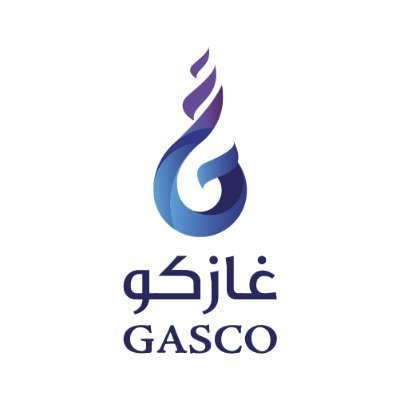Publisher: Maaal International Media Company
License: 465734
SDAIA President: Saudi Arabia Committed to Utilizing AI’s Transformative Power to Serve Humanity
President of the Saudi Data and AI Authority (SDAIA) Dr. Abdullah bin Sharaf Al-Ghamdi affirmed Saudi Arabia’s commitment to utilizing the transformative power of artificial intelligence in serving humanity.
He made the remarks in a speech he delivered at two sessions on the second day of the AI Safety Summit 2023 at Bletchley Park in Buckinghamshire, England.
During the first session, discussions were centred around the need to build a shared understanding of the risks of frontier AI and future collaboration.
اقرأ المزيد
In his speech, Al-Ghamdi highlighted the importance of recognizing the significant transformations artificial intelligence is expected to bring about in our world.
He added that such transformations are not mere advancements or improvements but profound changes that will redefine the fabric of the world’s societies, economies, and institutions.
In the field of education, “AI will not be limited to improving classrooms or teaching methods but may also redefine the entire approach to learning,” the SDAIA president said.
He highlighted the necessity of focusing on adaptation to AI’s tremendous transformations instead of only striving to mitigate them.
He also underlined the importance of experimenting and innovating the required tools and mechanisms to ensure success in this AI-enhanced world.
Meanwhile, the second session discussed the importance of sharing global opportunities for AI. “When we talk about artificial intelligence innovations in healthcare, our steps are a testament to our dedication to developing artificial intelligence for the benefit of humanity,” Al-Ghamdi said during the second session.
“I am pleased to inform you that we have successfully launched an innovative screening for diabetic retinopathy with an accuracy rate of up to 92%,” he added. Al-Ghamdi underlined the significant importance of such achievement for countries across the Middle East and beyond that suffer from high rates of diabetes.
“Moreover, artificial intelligence was also utilized effectively in breast cancer detection through training models with over 80,000 mammography images in collaboration between organizations, hospitals, and academic institutions,” Al-Ghamdi said.
He also highlighted the remarkable progress in utilizing artificial intelligence in various healthcare applications, including early detection of sepsis, respiratory and lung disease identification, and preventive screenings for kidney diseases.
Al-Ghamdi shed light on SDAIA’s efforts in the AI field to serve humanity, noting that Saudi Arabia, represented by the authority, proudly joined the World Bank’s Digital Development Partnership (DDP) last year to support the AI and data agenda.
He also congratulated the Secretary General of the United Nations on the recent announcement of the creation of the AI Advisory Board.
“We are aware that the digital divide is an undeniable reality,” Al-Ghamdi said. “For this reason, we formed a partnership with Google Cloud last year to launch the Elevate Program with an ambitious goal to train 25,000 women worldwide and enhance their skills in the field of artificial intelligence.”
SDAIA’s president expressed hopes for a promising future and optimism about unleashing the unlimited potential of AI in healthcare and beyond.
“Let us move forward together for a brighter and more equitable future, harnessing artificial intelligence for the benefit of humanity,” Al-Ghamdi said.








